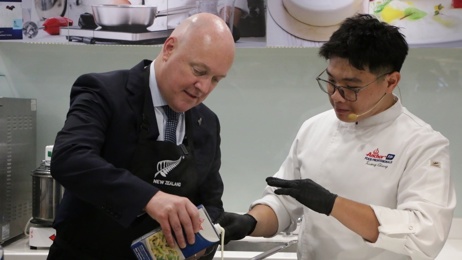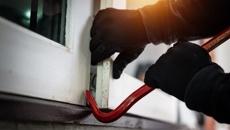Gay men convicted before the homosexual law reform in 1986 will have their convictions wiped from official records.
Justice Minister Amy Adams acknowledged that gay New Zealanders have “suffered tremendous hurt and stigma” and apologised on behalf of the New Zealand Government “for what those men and their families have gone through, and the continued effect the convictions have had on them”.
The convictions were unjust and unfair, and yet it still took decades of campaigning to bring about change. As Adams said, these men have been “tainted with the stigma of criminality” for their sexuality. The Government should have addressed this years ago.
Though Amy Adams should undoubtedly be thanked for taking action, it shouldn’t be difficult to view the timing of this announcement slightly cynically. The government is clearly going into this election year guns blazing, doing its very best to outshine opposition parties with a number of policy announcements. In the last couple of weeks they’ve announced a boost to police staff by 1100 over four years, and loosened medical cannabis laws. The Government is clearly doing its best to make itself look the effective implementer of popular policies.
However, despite having a Prime Minister who voted against marriage equality (yes, Bill English now says he’d vote for it today, but actions taken matter), it was deeply encouraging to see leaders of nearly all political parties express their absolute support of yesterday’s announcement. We’re one of only a few countries in the world where that would happen.
It doesn’t need explaining why gay men should never have been convicted for having sex - most will today acknowledge that was wrong on every level. However, as a gay man in 2017, it’s unfathomable and incomprehensible to me that just over 30 years ago, a person could have been made a criminal in New Zealand for simply lying with the person they loved. Younger gay men are exceptionally fortunate to have never had to face such oppressive scrutiny.
Yet what a luxury that incomprehension still is today. Although we’ve come such a long way, and there’s a lot to celebrate in terms of LGBT rights - 21 countries around the world now legally recognise same-sex marriages - there are still 72 countries around the world that have laws criminalising homosexuality. There is such a wide spectrum of experiences and difficulties, and even in countries where same-sex marriage and other protections are now enshrined in law, the LGBTQ community still face tremendous challenges. From casual discrimination at school or work, to horrific attacks like the Orlando nightclub shooting last year, sexuality can still be used as a weapon against people.
Yesterday was a day I felt proud to live in New Zealand. It was a similar feeling to the one I had on the night of April 17th 2013, when our Parliament voted for marriage equality. Progress on this issue should be celebrated wholeheartedly, particularly given the fact that today marks the start of this year’s Auckland Pride Festival. Those who campaigned hard on bringing about change - people like former Green MP Kevin Hague and gay rights campaigner Wiremu Demchick - deserve so much credit and respect.
What a win yesterday was for equality, for freedom, and for justice. But, we should celebrate with the knowledge that not everyone is as lucky as we are, and the global fight for LGBTQ equality is far from over.
George Freeman is a Digital Journalist at Newstalk ZB.
Take your Radio, Podcasts and Music with you









